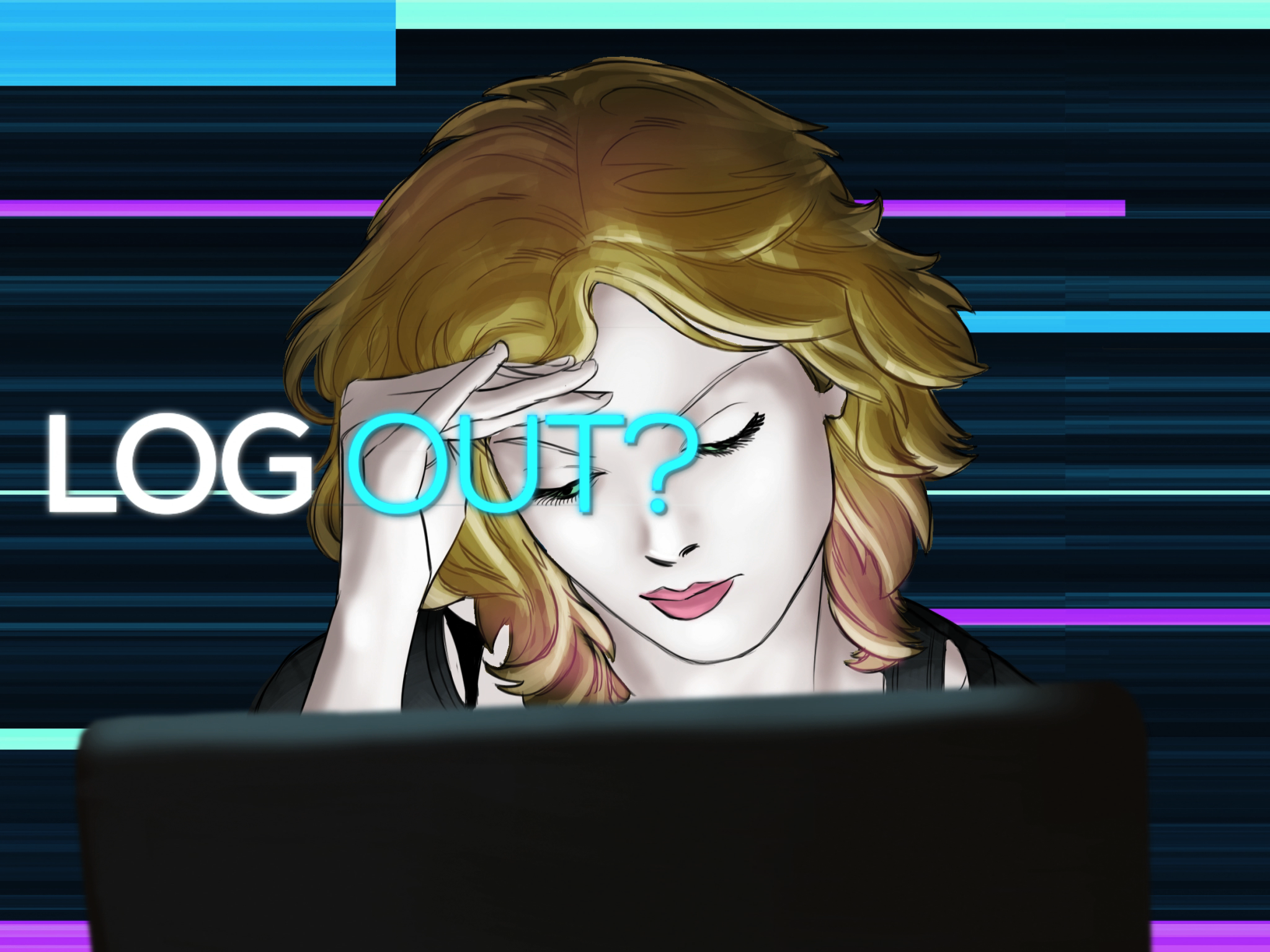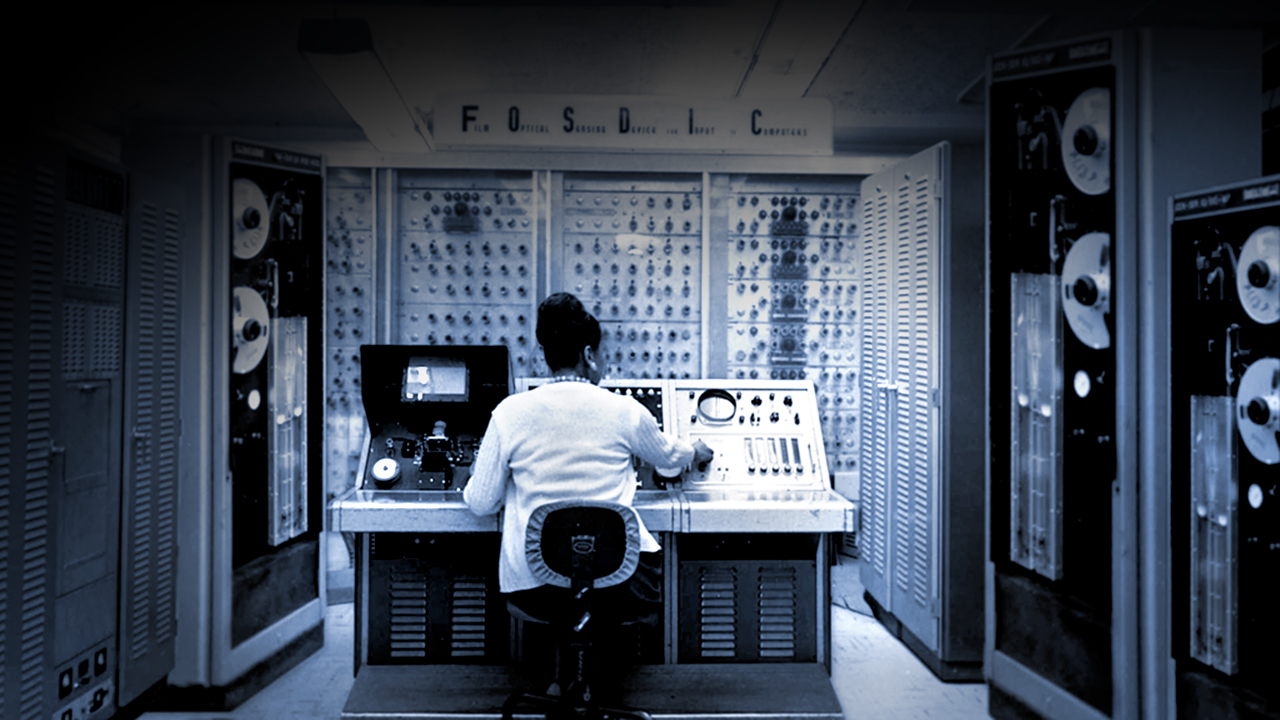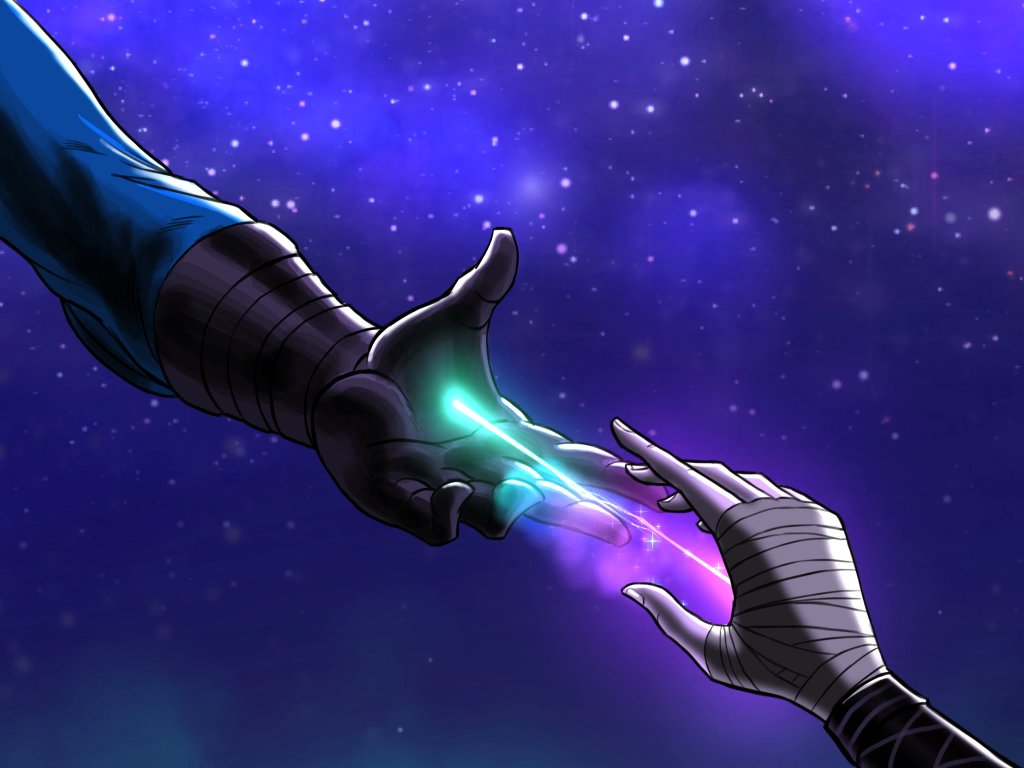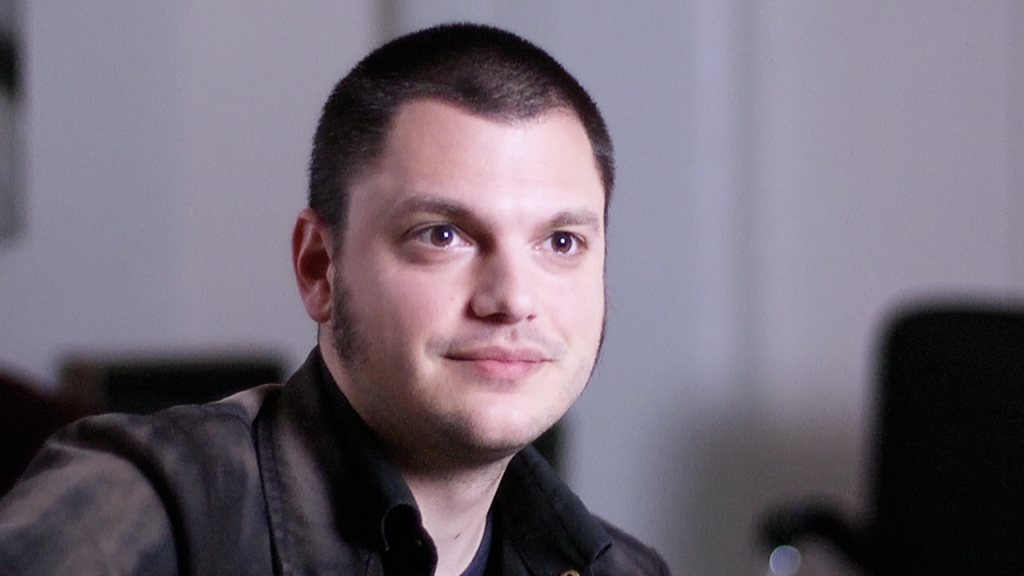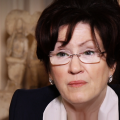The rise of social media has been both rapid and euphoric. While we remain critical of its side effects and by-products, such as the erosion of our privacy, we are, as a society, seduced into the Facebook fold and the Twitter flock because it appeals to fundamental instincts of love, friendship, and community.
Dr. Sue Johnson a clinical psychologist, author, researcher, professor and one of the leading innovators in the field of couples therapy, describes this appeal as a basic human need: “The need to bond is innate. It is not conditioned, it is not learned… The need to bond is innate; it is our most basic and powerful instinct.”
This speaks to why social media is in many ways not optional. Like a force of gravity we are drawn to our communities, we are compelled to seek human contact and social relevance. Do we really choose the tools of our time and culture?
There has been considerable debate around our resulting relationship with privacy. Are we discarding it in favour of social connection and companionship? Are we even aware of the bargain created when we trade our personal information for the opportunity to connect with others?
Sociologist, and Snapchat researcher Nathan Jurgenson sheds light on the effect this creates: “We have this pressure to, to share our lives. And I think how that really changes our perception of the world and on our own perception of ourselves, is that we see the world as a potential social media document.”
Thus it is not so much the discarding of privacy, but the construction of context to make that connection with other human beings.
We try to measure how much to share, how much of ourselves to put out there, and how vulnerable we need to be in order to make that connection. It becomes a fine line between sharing too much and not sharing enough. An ongoing negotiation with our communities and our society.
Ironically it is services like Snapchat that offer a sense of intimacy and privacy. The allure and temptation of being able to send a private message that will self destruct. Other apps like Secret, Whisper, and Sobrr, have found rapid success due to the promise of having your cake and eating too: social connection with privacy if not anonymity.
Sadly however security researchers have been able to consistently poke holes in the promises made by apps like Snapchat, Secret, and even Tinder. As with any social media they may promise privacy, but their lack of security means that users remain vulnerable to their personal information, and intimate images, falling into the wrong hands.
Perhaps then the issue is not technology, but culture. The need for a culture of consent that allows us to share personal, if not intimate information online, without risking our privacy. Is that possible? What does it take for you to open up to others online?



